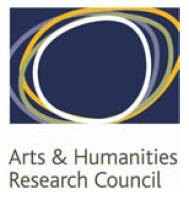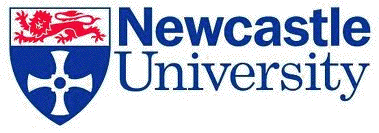About Us..
The Forum aims to bring together archaeologists involved with research into prehistoric archaeology in north-east England and south-east Scotland: i.e. from the region around the Tyne to the region around the Forth (County Durham, Tyne and Wear, Northumberland, Roxburghshire, Berwickshire, Selkirkshire, Peeblesshire, West Lothian, Midlothian, and East Lothian). Its membership consists of archaeologists working in universities, museums and heritage agencies, of students, volunteers and members of amateur archaeology groups, and contract archaeologists. It is a fundamental aspect of the network to facilitate collaborative research between members of these communities. The Forum acts as a venue for the discussion of previous and current research, and an environment in which interested parties can discuss future research projects.
The group began by meeting to consider how research priorities identified by current and previous work, such as the North-East Regional Research Framework, could be addressed, and explores a variety of different research themes, each identified by members, in its meetings.
Meetings are usually a day long, occur two or three times yearly, and consist of a combination of research presentations, presentations on issues for discussion, and informal discussion on topics proposed by members in advance.
First hosted in February 2009 by Newcastle University, 45 people attended the meeting which focussed on the newly emerging regional research frameworks, and a similar number attended a November 2009 meeting at the new Great North Museum, also in Newcastle. As many colleagues came from north of the border as had come from Newcastle and nearby; established experts from universities, museums and heritage agencies, students, volunteers and contract archaeologists all came to both meetings. We have now been awarded an AHRC Research Networking grant to support our discussions concerning the nature, origins, and drivers of prehistoric social and cultural networks, and their relations to the borders that may today disrupt our understanding of them.



